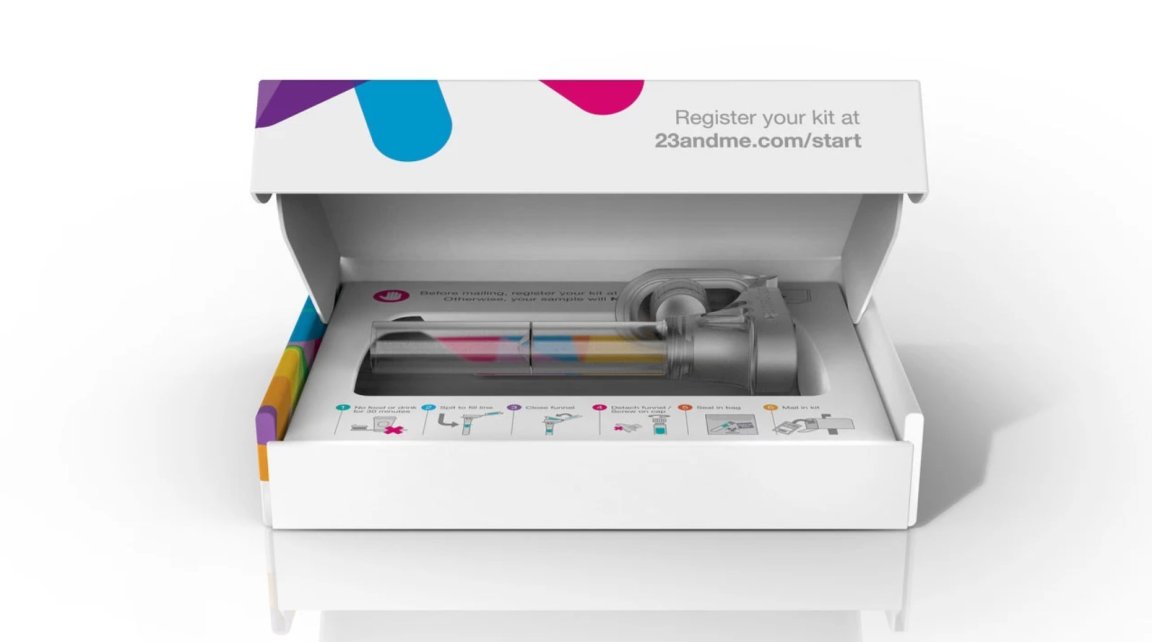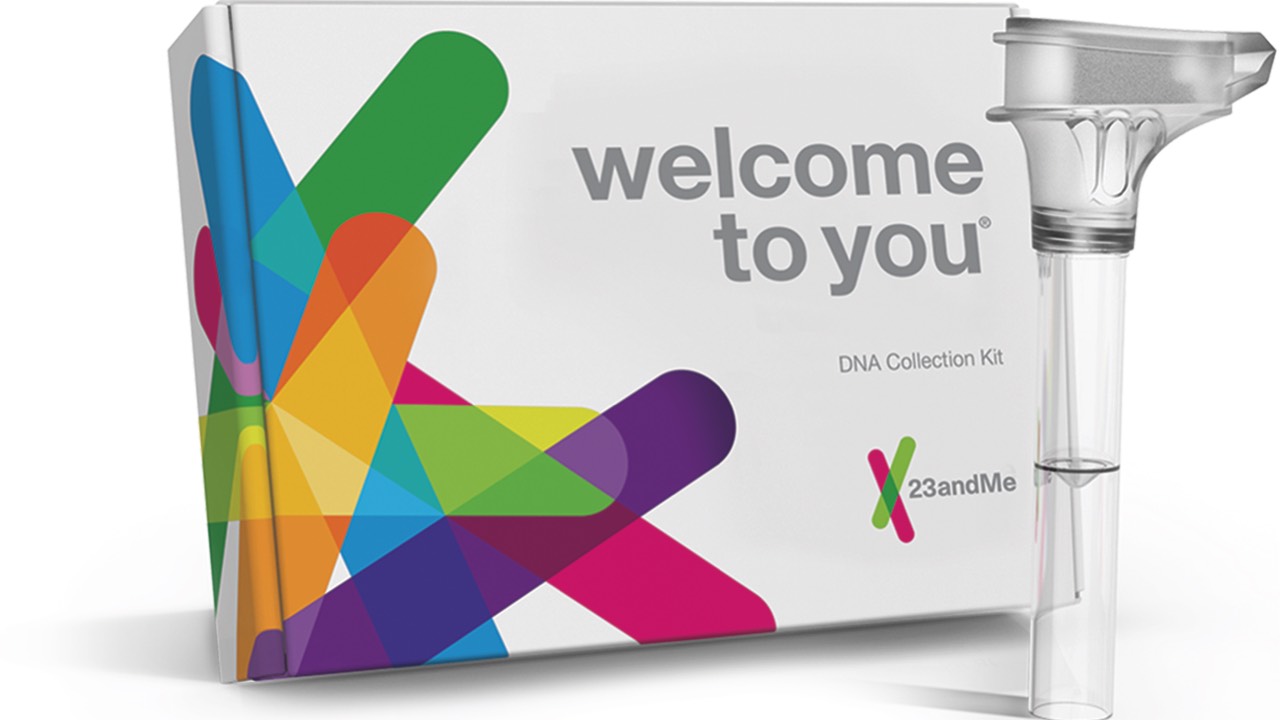
DNA Data
Senator Chuck Schumer of New York has called for more restrictions to be applied to companies like 23andMe and Ancestry, which sell at-home DNA testing kits. He argues that consumers aren’t being made sufficiently aware of how their data is being utilized.
For a company like 23andMe, the amount of money made by the kits themselves is minor compared to the profits that can be accrued by providing access to its ever-expanding genetic database. While this information is anonymized, Schumer argues that the fact it’s made available to third parties is not being adequately publicized.

“There are no prohibitions, and many companies say that they can still sell your information to other companies,” said Schumer, according to NBC News. “This is sensitive information, and what those companies can do with all that data, our sensitive and deepest information, your genetics, is not clear and in some cases not fair and not right.”
Schumer explained that he doesn’t think that these companies are being “nefarious,” but rather that this is simply a very new business model which needs to be subject to appropriate regulations. He wants to see more stringent guidelines on what comprises a satisfactory set of terms and conditions.
Rules and Regulations
While Schumer feels that further further DNA testing kit restrictions are necessary, not everyone is so concerned. Judy G. Russell, a genealogist and adjunct professor from Rutgers Law School-Newark, told Futurism via email that the current legal framework is sufficient, given the service that these tests are designed to offer.
“The evidence is overwhelming that the information provided by genetic genealogy testing companies isn’t being misused for reasons that are dangerous to health or welfare of the test-takers,” explained Russell. “People aren’t rushing out and changing their behavior or their lives on the basis of genetic genealogy tests; they’re not misconstruing the limited health information that’s being made available to them.”
As far as the potential for companies to sell the data they collect, Russell feels that companies are actually going to great lengths to make their terms clear, writing them in plain English rather than obfuscating their intentions with legal terminology. The problem is that many won’t read through this documentation – we’ve become all too used to agreeing to whatever terms and conditions are presented. “Every company is trying to give the test-takers all relevant information, but none of them can force people to read every word,” she wrote.
Russell acknowledges that there is risk associated with signing up for this kind of genetic testing, but maintains that it will be worthwhile for the majority. She suggests that current legislation that protects against discrimination based on genetic information pertaining to employment or health insurance may not be in place forever, which would make for a compelling reason not to have your DNA profiled.
“That risk then has to be balanced against the benefits for family research and genealogy,” wrote Russell. “But nobody should test without thinking about the risks and the benefits and making a careful reasoned decision.”
Editor’s Note: This article has been updated to clarify Judy G. Russell’s role with Rutgers Law School-Newark and her stance on the risk associated with genetic testing, per Russell’s request.